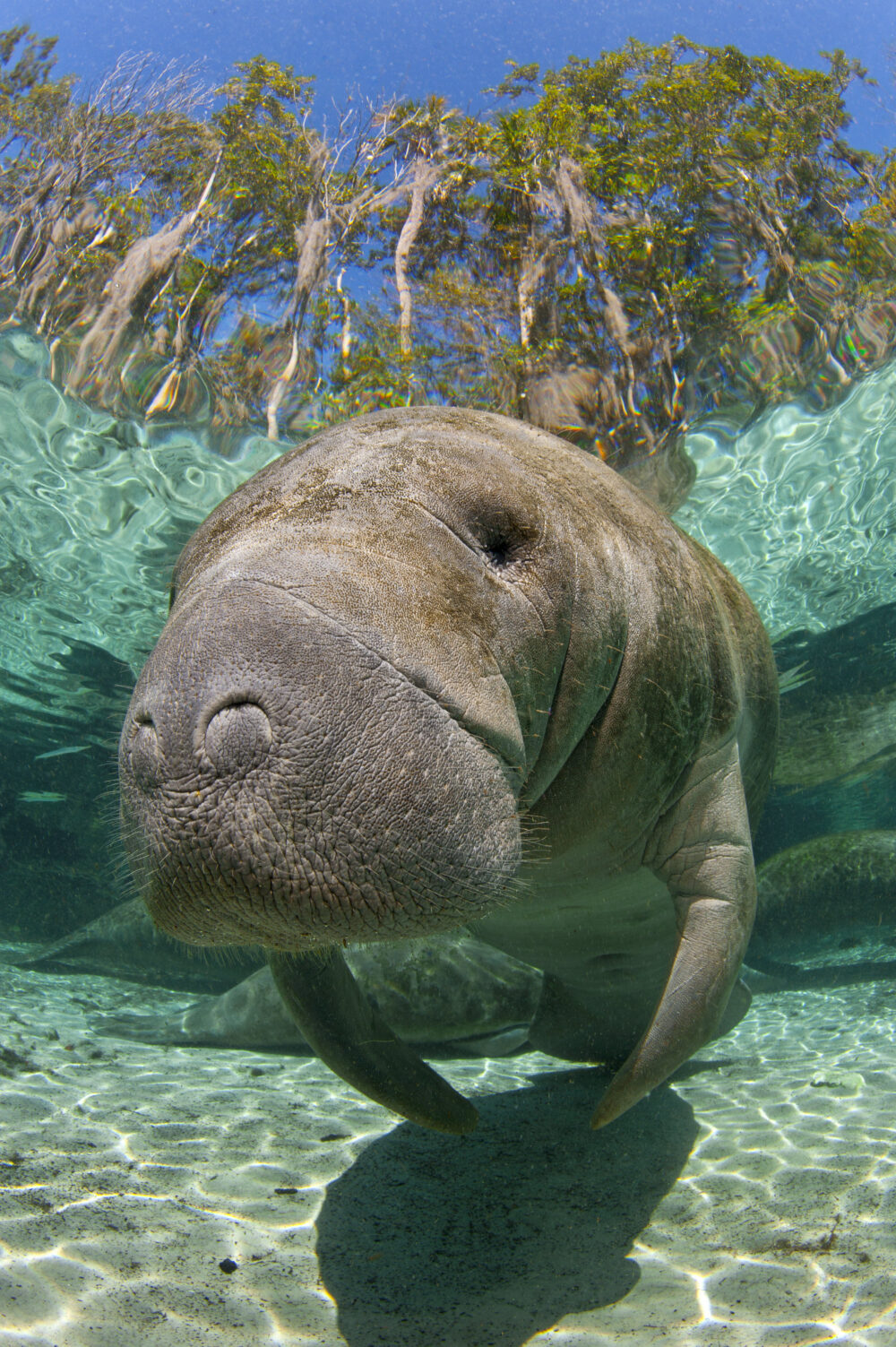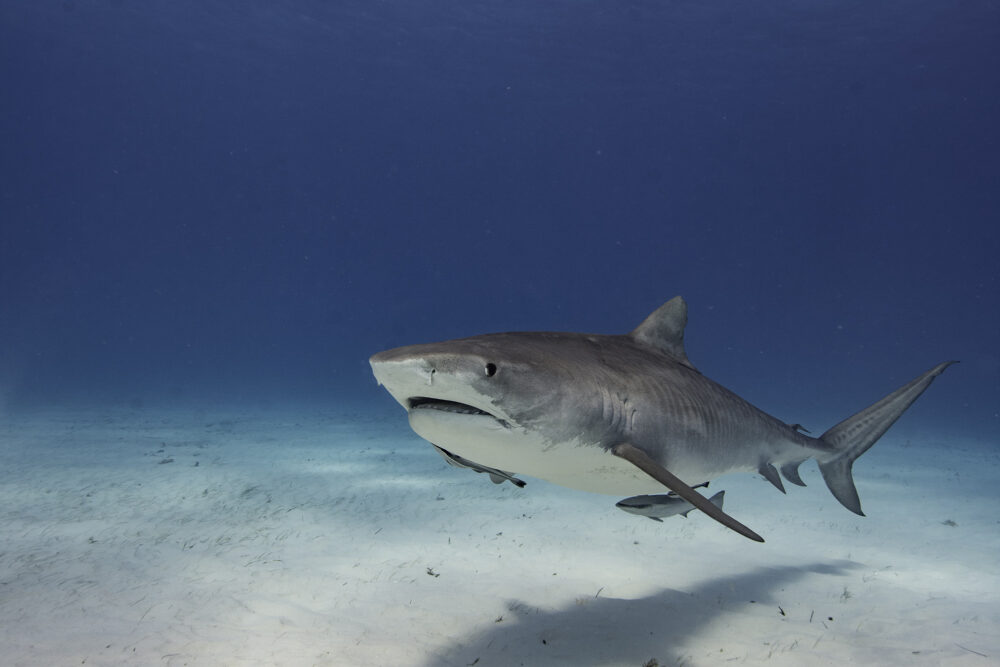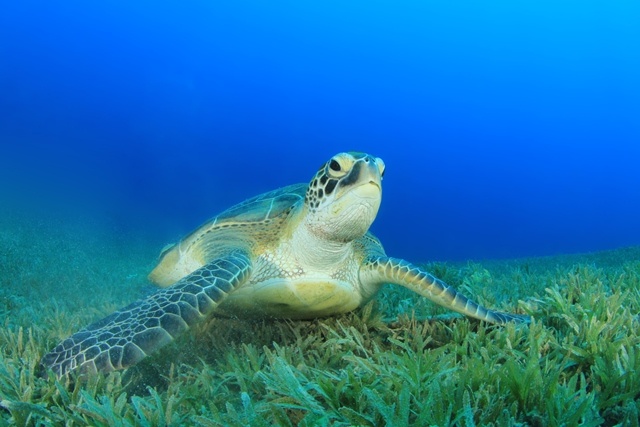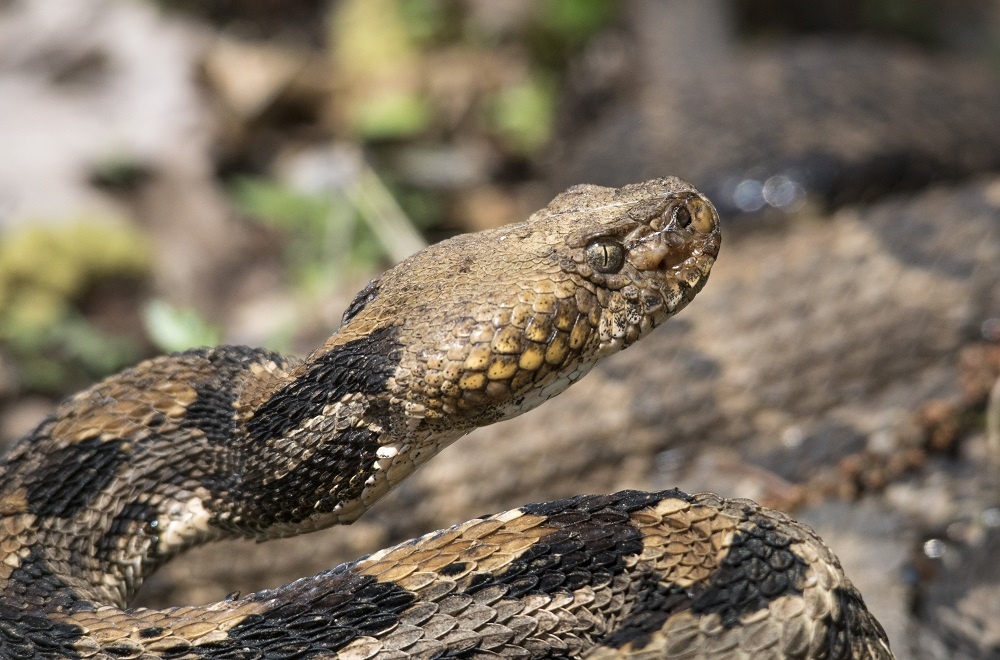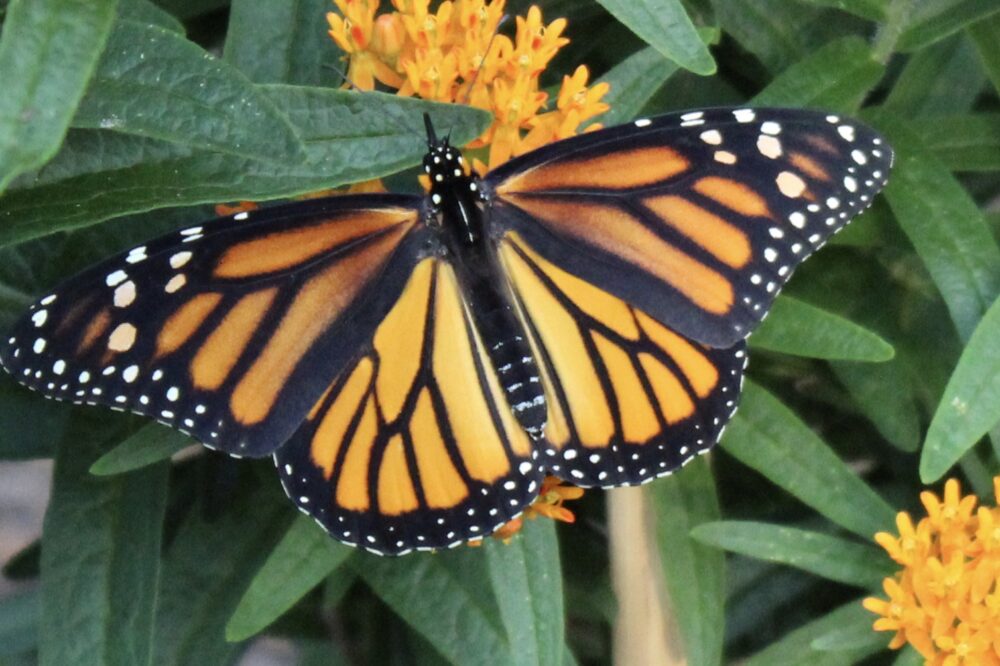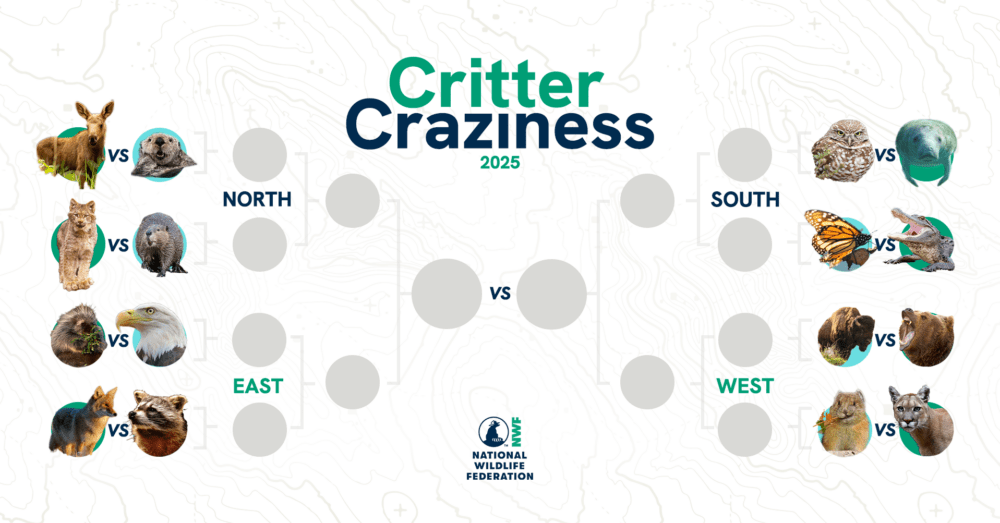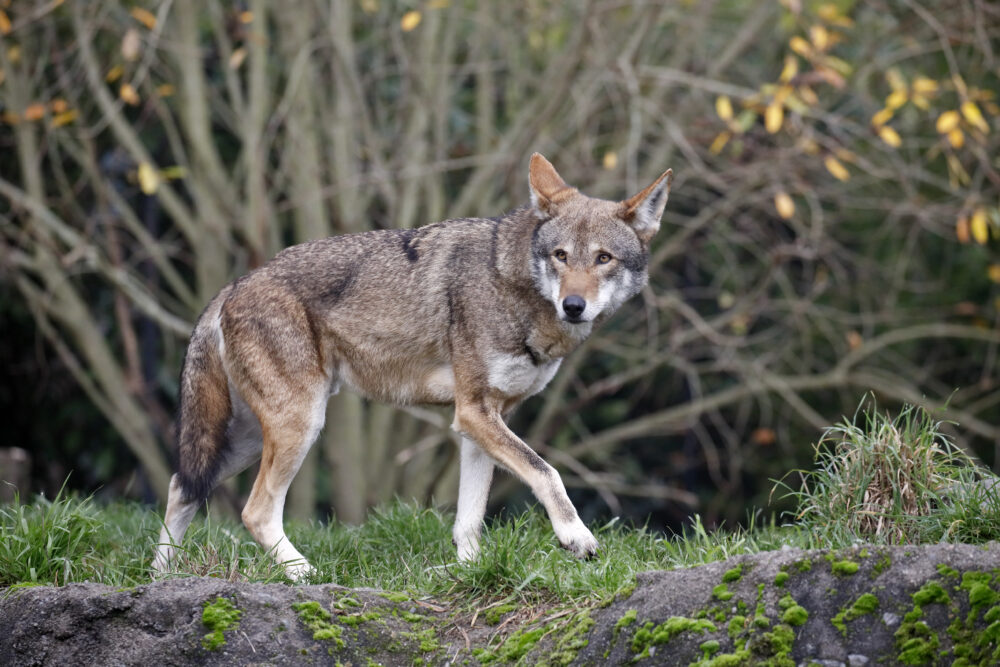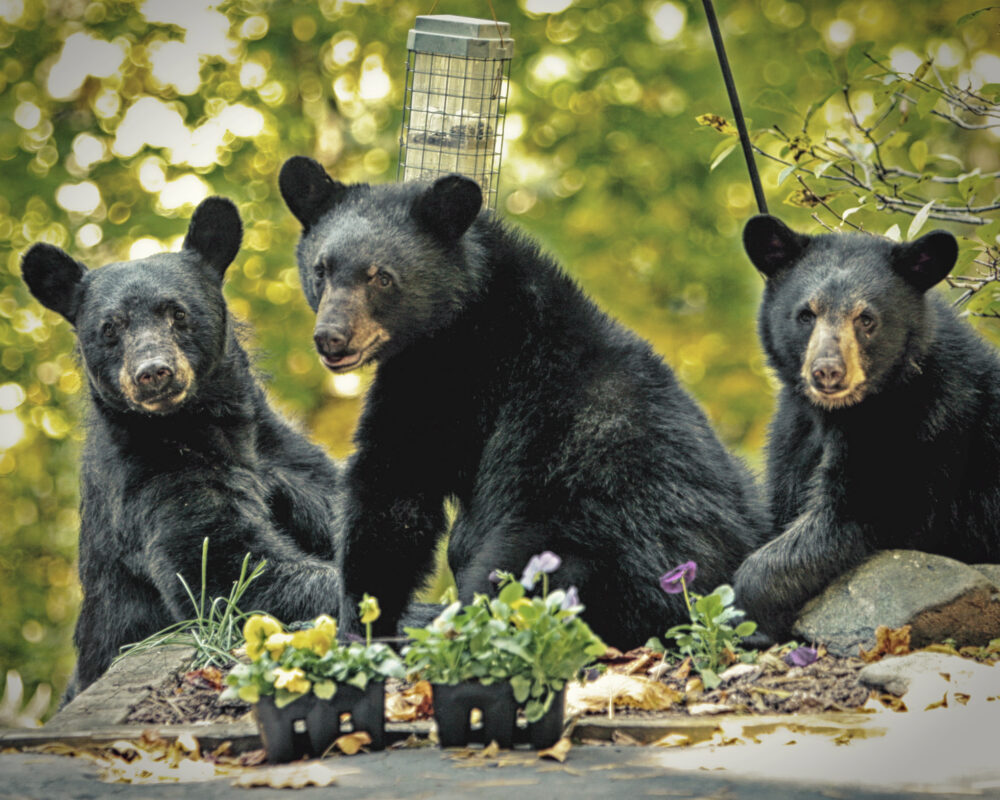We have much more to do and your continued support is needed now more than ever.
Dunk City’s Dark Side: Florida Gulf Coast University Built on Desperately-Needed Panther Habitat
 Florida Gulf Coast University has been the top Cinderella story of this year’s NCAA men’s basketball tournament, earning the nickname Dunk City for their fearless, fun and high-flying style of play. It’s a school most people had never heard of before March Madness began, only graduating its first students 16 years ago. But FGCU’s story isn’t entirely feel-good, thanks to politicians who pushed for the university to be built on prime habitat for the critically-endangered Florida panther.
Florida Gulf Coast University has been the top Cinderella story of this year’s NCAA men’s basketball tournament, earning the nickname Dunk City for their fearless, fun and high-flying style of play. It’s a school most people had never heard of before March Madness began, only graduating its first students 16 years ago. But FGCU’s story isn’t entirely feel-good, thanks to politicians who pushed for the university to be built on prime habitat for the critically-endangered Florida panther.
Despite decades of pledges to protect the panther, today only about 100 survive in Florida’s dwindling wilderness areas. That’s because, while politicians like to hold press conferences declaring their commitment to protecting the beloved panther, they rarely – if ever – say no to developers who want to bulldoze panther habitat.
The story of Florida Gulf Coast University is a prime example. Craig Pittman of the Tampa Bay Times spent years chronicling the ultimately fruitless effort to protect the panther habitat:
In the mid 1990s, Florida politicians wanted to build a new university on swampy land near Fort Myers that was owned by an influential campaign contributor who wanted to develop all the land around it. Their plan involved destroying 75 acres of wetlands, which required permission from the U.S. Army Corps of Engineers. After months of study, the corps had not made a decision.
Col. Terry Rice, who ran the corps in Florida, was on an airboat in the Everglades when his cell phone rang. The caller, Rice recalled, began “cussing me out” for delaying the permit for Florida Gulf Coast University. The caller: Connie Mack, then Florida’s Republican U.S. senator.
“He used some terms over the telephone that weren’t very flattering,” Rice said. “It wasn’t a pleasant conversation.” […]
Mack’s call wasn’t unusual. Public interest is supposed to drive the corps’ decisions, but politicians often lean on the corps on behalf of private interests. Politicians from the president on down say they want to preserve wetlands. But when a well-connected constituent wants help to destroy wetlands, elected officials are quick to oblige.
“The U.S. Fish and Wildlife Service, which spends more than $1.2 million a year on panther protection, has not blocked a single development that altered panther habitat,” reported Pittman in his exhaustive 2010 two-part report on the panther. Read part one and part two.
The National Wildlife Federation and the Florida Wildlife Federation, our state affiliate, have spent years fighting to protect the Florida panther. In cases where we felt federal officials used flawed science to allow developers to wipe out critically-needed panther habitat, we’ve gone to court, winning two lawsuits to protect Florida panthers from reckless permitting.
As Pittman has reported, at one point officials even claimed there were too many panthers – that the 78 living panthers were 28 more than needed to sustain the population. That claim was used to justify an expansion of Ft. Myers Airport into panther habitat. The biologist who wrote that report later said his bosses pushed ahead even though the claims were “known by the entire scientific community to be wrong.”
Florida panthers are solitary creatures who require a huge amount of territory – 200 square miles for males, 75 square miles for females. The panthers can be beneficial to people by hunting animals that otherwise breed unchecked to the point of nuisancy- white-tailed deer, feral hogs, armadillos, raccoons and small alligators.
Florida Gulf Coast plays the University of Florida on Friday night at 9:57pm ET and despite having Florida in the final of my bracket, I’ll be rooting for FGCU. How can you not? But I hope that their rise brings renewed attention to the need to protect the Florida panther habitat that their school was literally founded on.
Take Action
Ask President Obama and your members of Congress to protect the Florida panther and other endangered species nationwide by supporting investments in crucial wildlife conservation programs.






